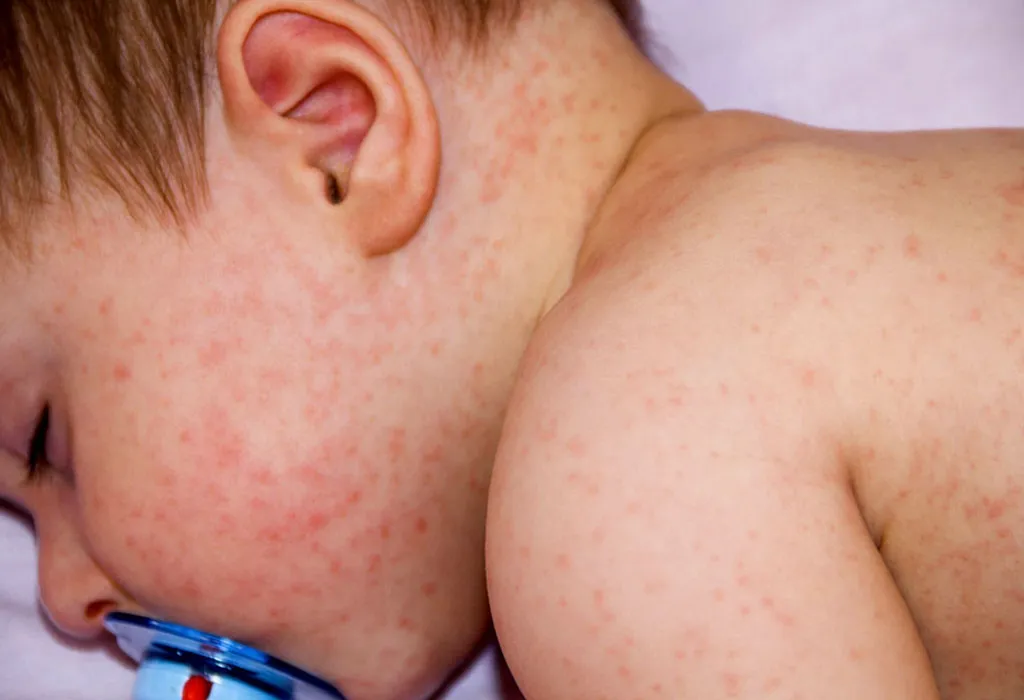When your baby is sick, you don’t always have time to read all the information about what’s happening with them. It can be a little overwhelming to discover which symptoms are typical and which are not. This article gives signs, treatment for those symptoms, and advice for preventing future issues.
The 7 Most Common Baby Allergies
Some of the most common baby allergies include eczema and food and milk allergies. If your baby has any of these allergies, you will want to take steps to prevent them from developing further.
Here are some tips on how to treat baby allergies:
1. Reduce allergens in the home. If you can reduce the number of allergens in your home, your baby will have less chance of developing an allergy to those allergens. This includes reducing the number of dust mites in the home, washing all bedding and toys regularly, and avoiding cross-contamination when cooking or eating.
2. Introduce new foods gradually. If your baby has a milk allergy, it is essential to introduce dairy foods gradually over several weeks. This way, they will not experience any adverse reactions. Talk to your doctor about introducing specific dairy foods, and avoid feeding your baby cow’s milk entirely.
3. Allergic eczema? Try topical treatments first. If your child has eczema and is also allergic to certain substances in the environment (such as dust mites), try using topical treatments such as moisturizers or steroid creams instead of
How to Diagnose Your Baby’s Allergic Reaction
If your baby reacts to a particular food, you may be able to identify the food and treat your baby accordingly.
The most common allergies in babies are milk, eggs, soy, wheat, tree nuts, and peanuts. If your baby reacts to any of these foods, you may be able to diagnose the allergy by observing the signs and symptoms. Your baby may have a rash or diarrhea after consuming milk or milk products for milk allergy.
Your baby may have swollen lips or a red rash on the face or body for soy allergy. For wheat allergy, your baby may have an itchy and widespread inflammation. For egg allergy, your baby may have face, mouth or tongue swelling after eating eggs. For tree nut allergy, your baby may have eczema (a skin condition) after eating nuts. And for peanut allergy, your baby may have trouble breathing after consuming peanuts or peanut products.
Once you’ve diagnosed your baby’s allergic reaction, you can start treating them with cautionary measures such as avoiding the allergen in question and giving them medications such as EpiPens if needed.
Symptoms of an Allergic Reaction and What They Mean
If you’re ever worried about a possible allergic reaction in your baby, the first step is to know what to look for. Many common allergens can cause symptoms in babies, including food, dust mites, pet dander, and pollen. Symptoms of an allergic reaction can vary from person to person and may not always be obvious. However, some of the most common symptoms are:
itching
rash
swelling (especially around the nose and eyes)
wheezing
coughing
difficulty breathing
If you notice any of these symptoms in your baby, you must take them to the doctor as soon as possible. The doctor can determine your baby’s allergy and recommend the best treatment.
Treating An Allergic Reaction
If your baby is experiencing an allergic reaction, you should first treat the symptoms. This means administering an epinephrine injection if the baby has a severe reaction. If the response is mild, give your baby ice chips, water, or milk to calm them down. You should also contact your doctor or hospital as soon as possible.
There are many different allergies, and no one treatment works for all babies. However, treating the allergy right away will help to prevent a more severe reaction. If you think your baby has an allergy, be sure to consult a doctor or allergist.
Conclusion
Babies are born with allergies, and it’s not uncommon for them to experience various allergens in their first few months. If you’re wondering what the most common allergens are or if your baby is experiencing any aggravation from an allergy, this article will provide some helpful tips on treating them. From immunotherapy to breastfeeding advice, we’ve got everything you need to help your little one feel comfortable and safe.




